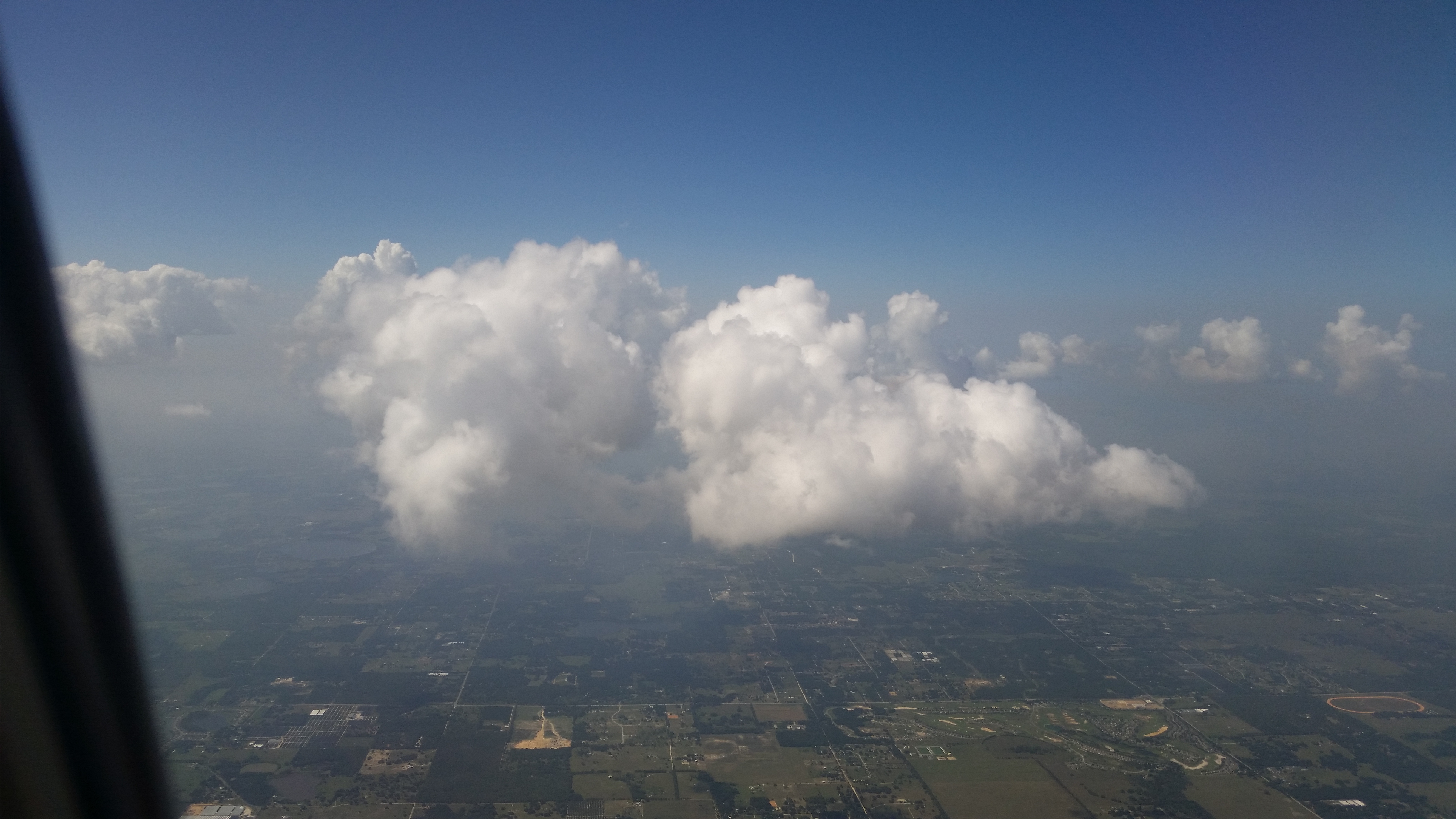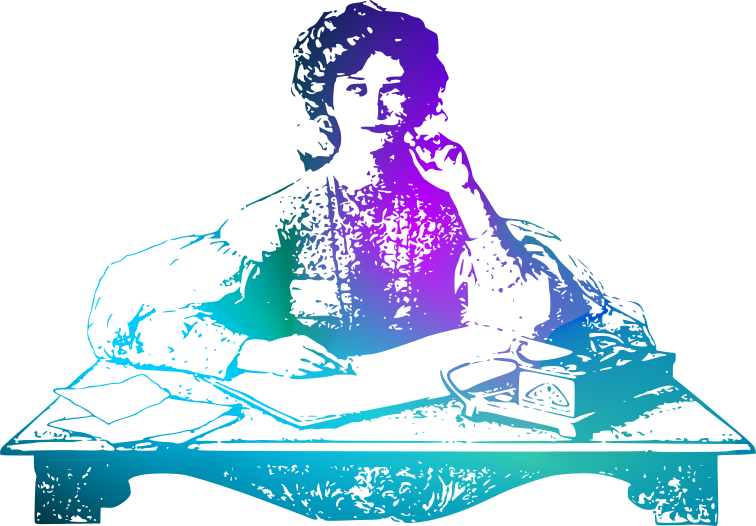
Grown ups come back
May 14, 2019
I dropped the overfull basket of clean clothes onto the floor with a plop. It was overflowing with laundry that I had washed a second time because it had been clean on the couch and made its way to the living room floor over and over before we could get a chance to fold and put it away. Kicking the door shut with my foot, I dropped to my knees and pulled my three-year-old son into me and squeezed him close. His face was bright red and splotchy, and his sobs wet my shirt.
“What is it, baby?” I gently asked.
He pulled away and looked into my face. Through shuddering breaths, he stammered, “I thought…you…were gone.” After he got the last word out, he crumpled into my arms again and I sat with him until his enormous, anxious feelings had passed.
At least that’s how I wish I’d handled that particular interaction.
That’s the grace with which I try to manage our intensely anxious older son. And I usually do. But my own humanness sometimes takes over, my pulse quickens as I run through the list that has no end in my mind and triage all my to-do items, and in those moments I am not always graceful. I don’t always remember to slow down and just be.
Here’s how that evening actually went down, a memory of my real-time failure that will come with me to my grave:
I struggled into the door with the overfull basket, and he was waiting for me, sobbing, terrified. I had been “gone” less than 15 seconds, thinking I could quickly run down to the basement to retrieve the clean laundry that contained the sleep sack I’d need to use for his baby brother at bedtime, which was quickly closing in on us. I was solo that night while my husband attended a standing evening work meeting, and my own work pressures sat heavily on my shoulders like gargoyles.
Instead of stopping for a minute and a half, I knitted my brows and scowled down at my child, and said with an exasperated sigh, “what’s wrong, Leo?” I fear he will learn to bristle at the sound of his own name, the way I still do when anyone says my name in the same stern tone my mother did when she was trying for the eleventieth time to wake me up as a child and teenager.
Our oldest child is my little barnacle. He is a sweet soul, more observant and aware than most adults I know, better at articulating exactly what he’s feeling than I am most of the time. But anxiety and fear pulsate through his bloodstream and torment him, especially when is alone.
His tiny body was vibrating with terror and I did not stop to help him process it because there was so much to do to get he and his brother fed, to get them to sleep, to try and maybe not leave the house a complete wreck for my husband, to try and get enough rest myself.
Too much to do.
This is the plight of most parents across the gender spectrum in modern life. Add in some chronic illnesses that pack a massive dose of ongoing pain and fatigue, unexpected acute illness and surgeries, and several lifetimes of grief? You’ve got a recipe for soul-sucking chaos that does not easily lend itself to being truly present in the moment. And, ironically, that is almost all our children need: our presence.
I am just under four years into my journey as a parent. Less than a quarter of my adult life. I am learning and repeatedly falling short. And trying again the next day. Sometimes, the next hour. Or in a few minutes.
I did hug my kid that evening, as I do dozens of times a day, but it was after that crucial moment had passed, which is going to happen sometimes because I am imperfect.
But we played together with his “stuffties” and talked about how scary it can be when your grown-ups aren’t right there. Because my life has been so riddled with grief, I never promise my kids that I will always come back. That specific promise feels inauthentic because I can’t guarantee it.
But I promise them that there will always be someone with them who loves them, and that they are safe and that ♫ gro-oh-wn-ups come baaaaack ♫ (thanks, Daniel Tiger). Because there will always be grown-ups who come back for them, and there are a whole lot of people in their life who love them.
